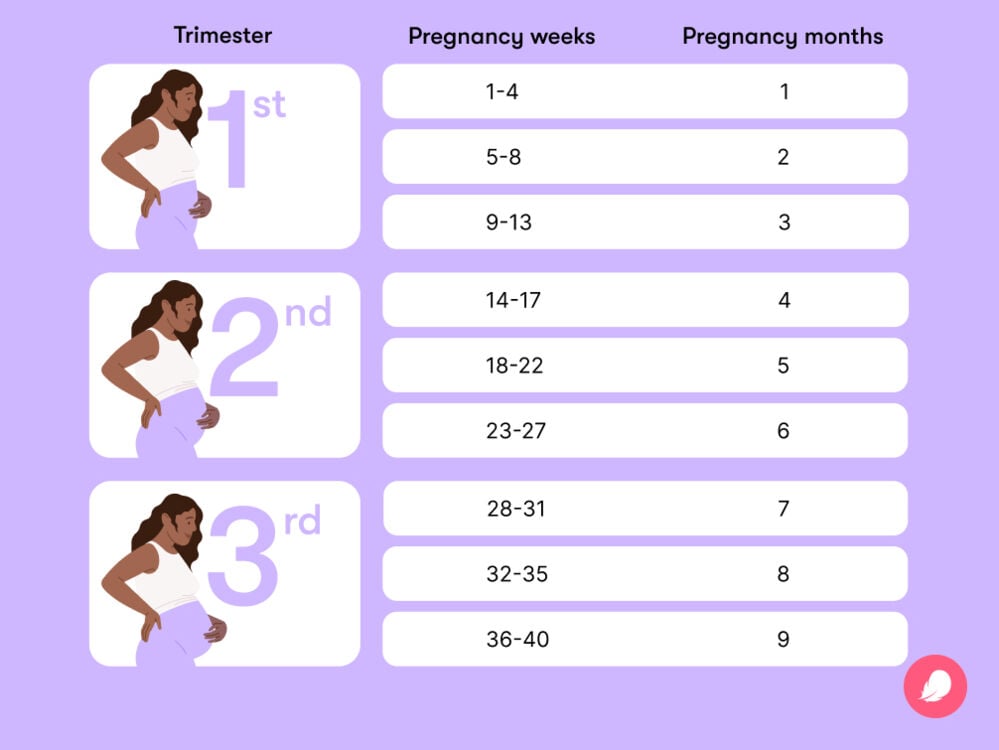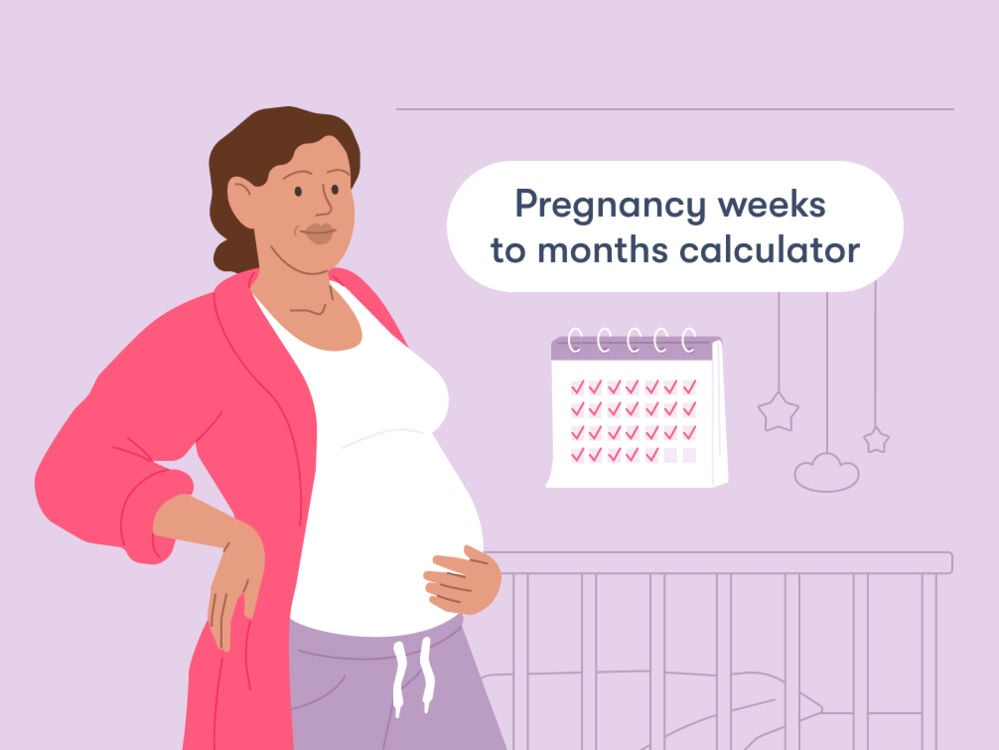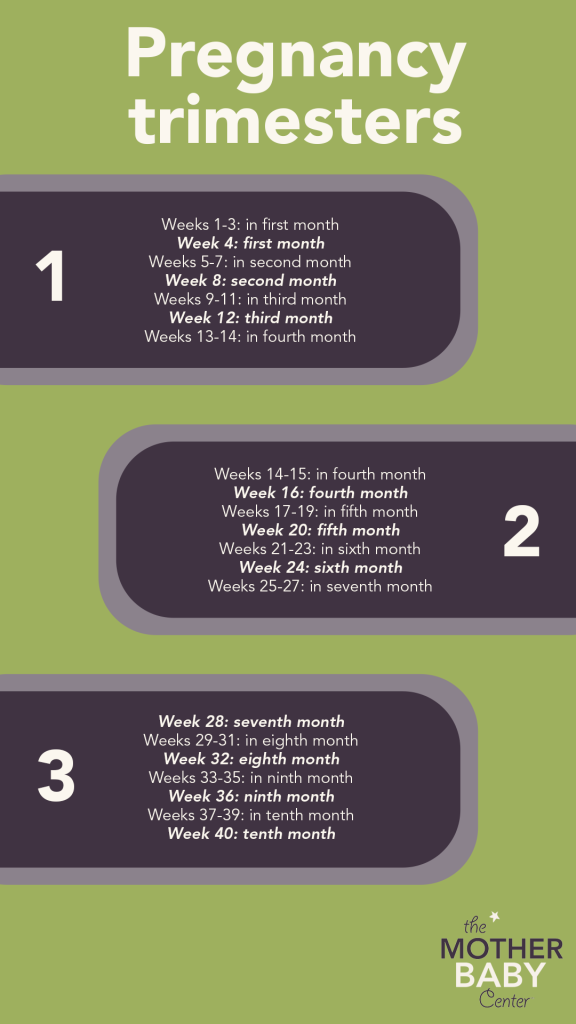Okay, so yesterday afternoon totally took me down a rabbit hole. My cousin called, super excited but also kinda panicky. “She just got her positive test!” she shouts. Then hits me with, “But wait… pregnancy is nine months, right? So… August? September? How does this actually work?”

Honestly? My first thought was exactly the same as hers. Nine months. Done. But then I started thinking… Wait a minute, my neighbour just had hers at like, barely eight months? What gives? And I knew my wife didn’t go a full nine calendar months either. Suddenly, I wasn’t sure about this supposedly simple fact.
The Research Frustration
Jumped online. Big mistake. Google it and you get a million different answers. One website says: “40 Weeks Total!” Another insists: “That’s Ten Months!” Some just talk vaguely about trimesters. Reading comments sections on forums was even worse – a chaotic mix of personal experiences and confusion. Found moms swearing:
- Their baby came at 36 weeks and was called “full term”?
- Others insisting they went “42 weeks” which sounds like ten and a half months? My head hurt.
This basic question felt anything but basic.
Felt exactly like my cousin. Excited for her, but also realizing a super common thing nobody actually seems to explain well. Decided to stop relying on random blogs and forums. Time to get real expert clarity.

Calling In The Big Guns
First stop: My wife’s doctor friend, Sarah (an OB-GYN). Called her up, feeling a bit sheepish asking such a ‘dumb’ question. Her reaction? Immediate laugh. “Oh my gosh, everyone gets tripped up by this! Doctors included sometimes when talking to patients!” That made me feel better.
Here’s the breakdown she gave me, plain and simple:
- Forget purely counting calendar months. It’s messy and inaccurate because months have different days.
- The Standard is Weeks: 40 Weeks. Full stop. This is what doctors, midwives, and science use worldwide.
- But it starts BEFORE the egg meets sperm? Mind blown. Dr. Sarah explained: They count from the first day of your LAST period, not from conception! Why? Because most people don’t know the exact conception day, but they do usually know when their last period started. This gives them a solid starting point.
Connecting Weeks to Months
Okay, 40 weeks… but humans think in months! So how does that translate?
- Full Term is Between 37 and 42 Weeks. So… anywhere from roughly 8.5 months to about 9.5 months counting from the last period. No wonder people get confused!
- A pregnancy reaching 40 weeks hits around 9 calendar months (using a 30-31 day average). But because the count starts at the period, when you actually conceive (around 2 weeks after that period start), you’re already considered “2 weeks pregnant” before it even happens! Yeah, my brain glitched too.
Dr. Sarah showed me a chart they use. It lays out:
- Month 1: Weeks 1-4
- Month 2: Weeks 5-8
- Month 3: Weeks 9-13
- …and so on up to Month 9 covering weeks 33-36 (and technically Month 10 for 37-40+).
The Big Takeaway
Stop worrying about the “how many months?” question! Dr. Sarah was adamant about this. Focus entirely on the week count based on the first day of the last period. This is the only reliable number that matters for tracking development, scheduling appointments and tests, and knowing when baby is officially full term.

Texted my cousin immediately: “CONFUSION SOLVED. Tell your doctor the first day of your last period. They’ll tell you how many weeks along you are and your due date. Forget counting months – weeks rule!” She texted back a massive “THANK YOU!!!” and a bunch of relieved emojis. Felt good to cut through the noise for her.
Simple question? Not so much until you talk to the experts. Now I know – and you do too! Stick to weeks.











